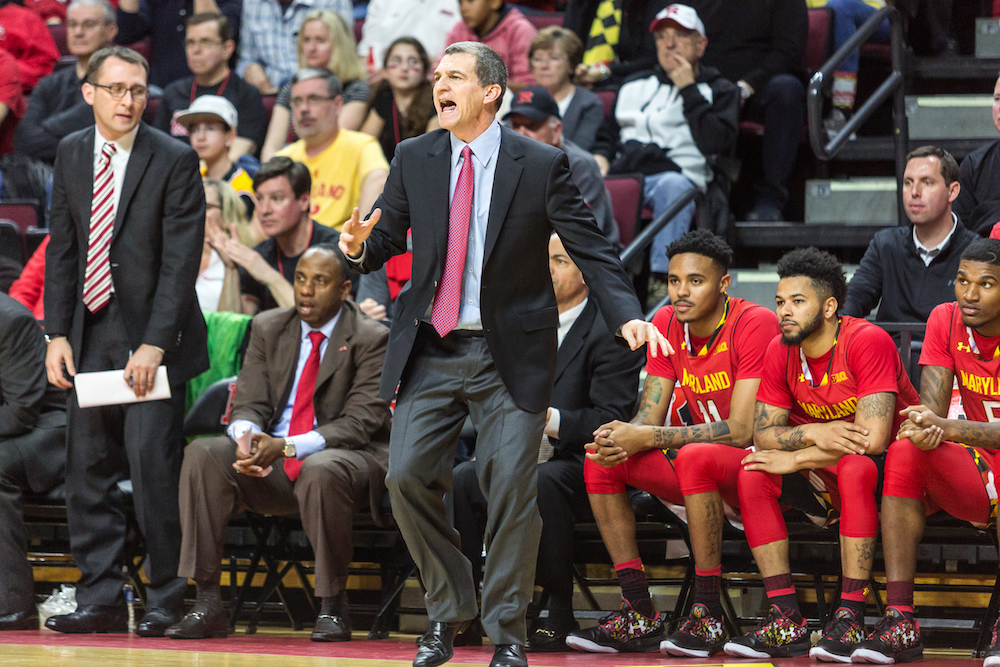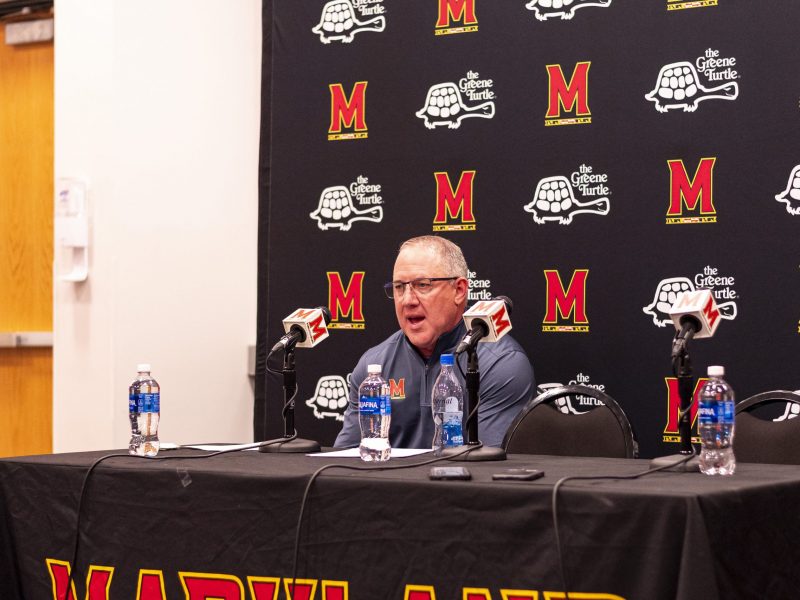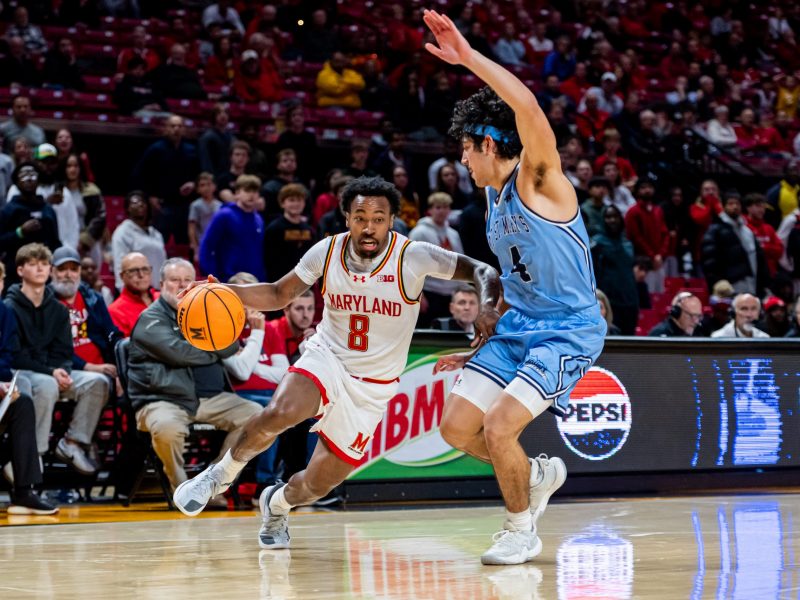The University of Maryland received and complied with two grand jury subpoenas in the federal investigation of corruption in college basketball, the school announced Friday.
The subpoenas, provided by Maryland along with a statement, requested records regarding an unnamed former student-athlete and former Maryland target Silvio De Sousa, who instead went to Kansas.
“The University complied with the subpoenas by providing responsive records,” the school said in a statement. “None of the responsive records shows evidence of any violations of applicable laws or NCAA bylaws by University coaches, staff or players.”
The first subpoena, dated March 15, requested records related to a former student-athlete whose name has been redacted, former sports agent Christian Dawkins and Maryland assistant coach Bino Ranson.
In February, Yahoo Sports reported that former Maryland center Diamond Stone received a $14,303 loan from the ASM Sports agency, where Dawkins was an employee at the time, during Stone’s one season at Maryland. The report came from expense reports acquired by federal investigators and then obtained by Yahoo.
“I was disappointed that a former player was acknowledged in this report,” coach Mark Turgeon said Feb. 24. “I’ve always prided myself on doing things the right way and I have my whole career. I have absolutely zero relationship with that agent or agency. I wouldn’t know him if he walked into the room today.”
The subpoena asks for “any documents, including communications” from any Maryland “employee, officer, principal or board member” about the former student-athlete, his family or a representative of his family receiving “improper payments or benefits.” It also requested any communication between Dawkins and any current or former Maryland employee, or any other documents related to Dawkins.
The subpoena incorrectly refers to Ranson as a “former employee” and requests his personnel file, contract and any investigative file the school created about him regarding potential NCAA or contract violations.
The second subpoena, dated June 21 but received by the school June 29, according to its statement, requests documents related to the “recruitment, eligibility and/or amateur status” of De Sousa.
In April, a timeline presented by federal prosecutors in an indictment first hinted De Sousa, a five-star recruit who just completed his freshman season at Kansas, may have received payment to attend Maryland.
At the time, Maryland declined to comment.
Around August of last year — the month De Sousa committed to Kansas — De Sousa’s legal guardian requested payment from an Adidas executive, prosecutors said. The guardian had previously received payment for De Sousa to attend another school sponsored by a different athletic company, and sought to repay it.
Maryland, an Under Armour school, was viewed as the most likely destination for De Sousa. Every prediction on recruiting site 247Sports picked College Park as De Sousa’s future home, and the Baltimore Sun described De Sousa’s commitment to Kansas as a surprise.
In both cases, by complying with the subpoenas, Maryland avoided having to appear in front of a grand jury.
Maryland joins a growing list of programs in the scope of a federal investigation into college basketball that first became public last fall, when the FBI announced the arrest of several assistant men’s basketball coaches on corruption charges for allegedly accepting payment to persuade players to sign with certain shoe companies or agencies.
Those initial allegations also led to Louisville firing head coach Rick Pitino.
In the months since, coaches or players at Arizona, Kansas, USC, North Carolina State, Miami, Auburn and Oklahoma State have all been identified by the FBI as having potentially accepted improper payments. According to CBS Sports, the NCAA’s investigation will not begin until the FBI’s is completed.
In response to the investigation, the NCAA created an independent Commission on College Basketball, led by former Secretary of State Condoleezza Rice. The commission presented its findings to the NCAA in April, after seven months of review. Its suggestions to help rid the sport of corruption include eliminating the one-and-done, allowing players to have more contact with agents and working more closely with apparel companies.



